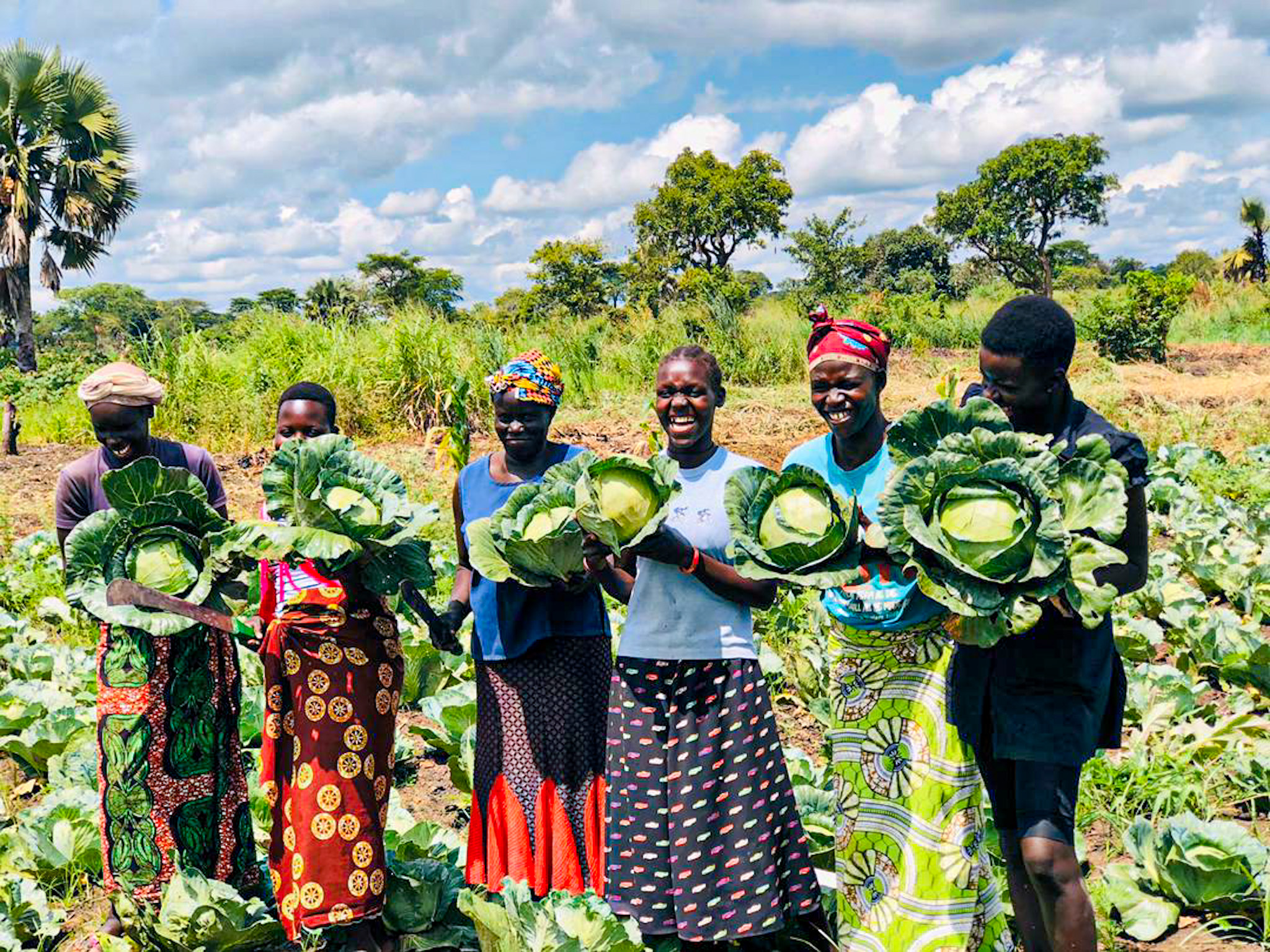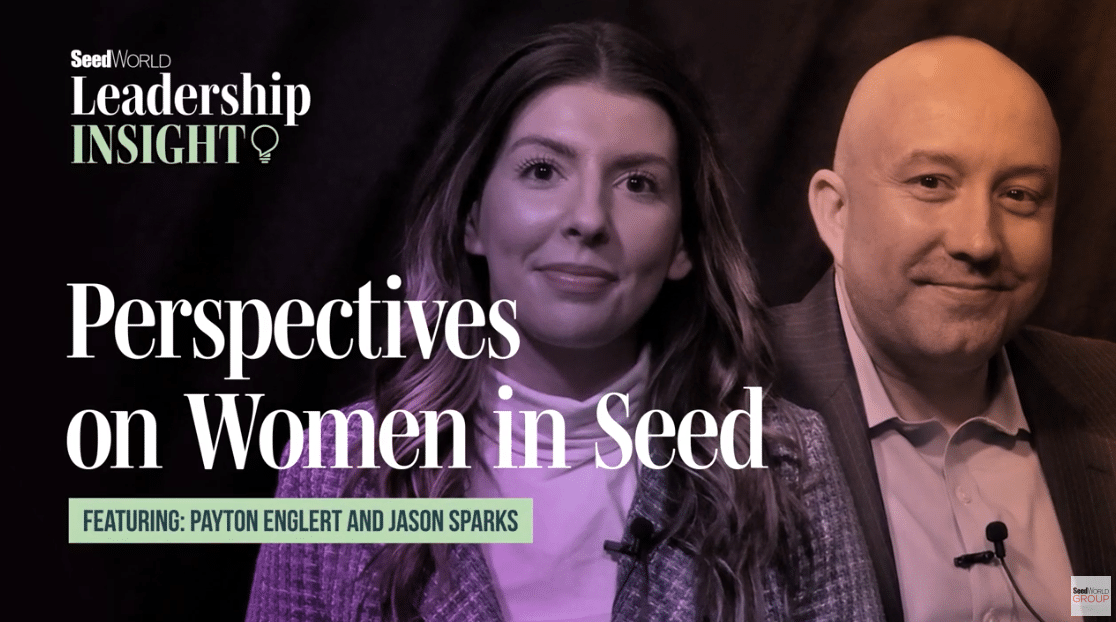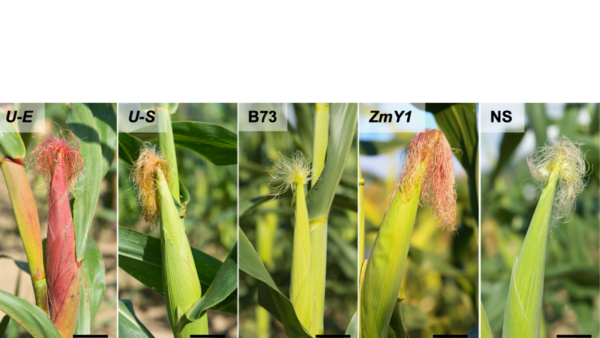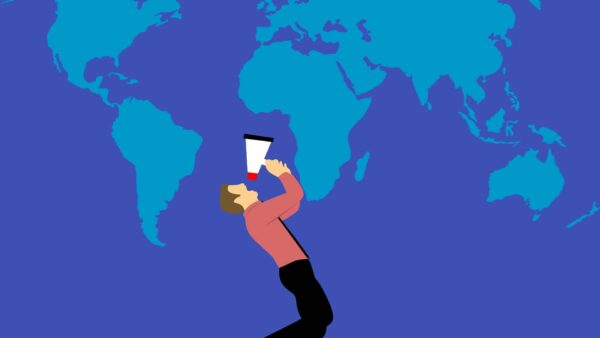Empowering communities with seeds, knowledge, and support, Seed Programs International is working to combat food insecurity and build sustainable futures.
Food insecurity is no longer just a statistic; it’s a crisis that threatens millions across the globe. But amid the chaos, one powerful nonprofit — Seed Programs International (SPI) — is sowing the seeds of change from its headquarters in Asheville, North Carolina.
Founded in 1998 by visionary John Batcha, SPI emerged with a bold mission: repurpose surplus seeds from companies to nourish impoverished communities around the world. Fast forward 25 years, and Batcha’s vision has grown into a global movement.
“Our core mission is to improve food security and nutrition, reduce poverty, and build climate resilience through vegetable production,” says Georgia Beasley, SPI’s program director. With initiatives spanning over 80 countries, SPI is not just planting seeds; it’s revolutionizing how communities feed themselves.
Through programs that empower local farmers, SPI champions a self-reliant approach that dismantles the cycle of dependency on aid and leans into the importance of education and awareness.
Beasley says SPI is rooted in the belief that everyone deserves the right to healthy food — starting with youth.
“In many places, a garden-supported school lunch is the only healthy meal of the day,” she says, acknowledging the profound impact of SPI’s educational children’s gardening programs.
But this is only the beginning.
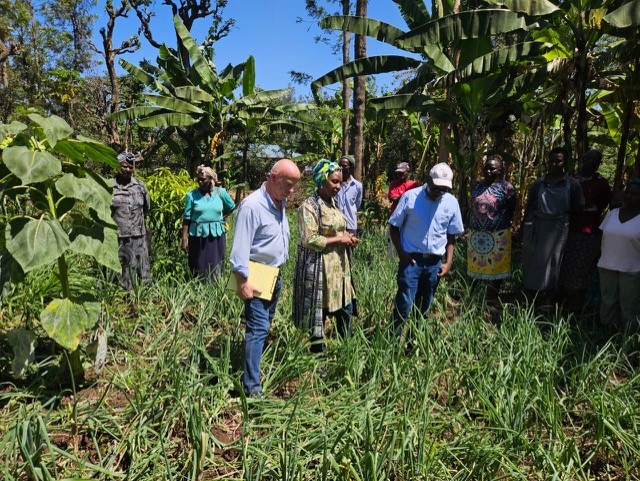
Gardens of Opportunity
Did you know women produce over 50% of the world’s food supply?
It’s an impressive statistic, and yet, women continue to face systemic barriers that stifle their potential. SPI recognizes the pivotal role women play in agriculture, particularly in developing nations, where they shoulder the responsibilities of farming and post-harvest activities.
“By working with women’s groups, we aim to improve their access to agricultural resources, paving their way to empowerment and food security,” Beasley says. “When women thrive, communities flourish.”
Thriving communities are at the core of SPI’s mandate, but climate change, conflict, and poverty continue to threaten food security. With a staggering 100 million people misplaced across the globe, SPI is proactive in integrating vegetable-growing programs into disaster recovery efforts, fostering stability amid chaos.
“While shelter and food aid are essential in crises, medium-term recovery plans that include sustainable food production are equally critical,” Beasley says.
A Global Network of Collaboration
SPI’s impact reaches far and wide from East Africa to South America, and even in Ukraine. The organization is on the frontlines, diversifying crop production to include essential vegetables — and their efforts are making a difference.
In 2024 alone, SPI partnered with 27 organizations to distribute seeds capable of yielding over 1,052 tons of food — equating to a staggering 11.6 million servings of vegetables.
It’s a tremendous effort — though not one the organization could do on its own. Beasley says SPI’s operational model thrives on collaboration with local organizations, ensuring initiatives are sustainable and ingrained in the community fabric.
“True success is seeing communities create change on their own terms,” she says.
But SPI’s seed distribution isn’t just about quantity; it’s tailored to local conditions to maximize impact.
“We focus on hybrid and open-pollinated seeds, avoiding GMOs to simplify regulatory processes,” Beasley says.
By strengthening local seed supply chains and fostering seed-saving networks, SPI empowers communities to access high-quality agricultural inputs long after the organization has moved on.
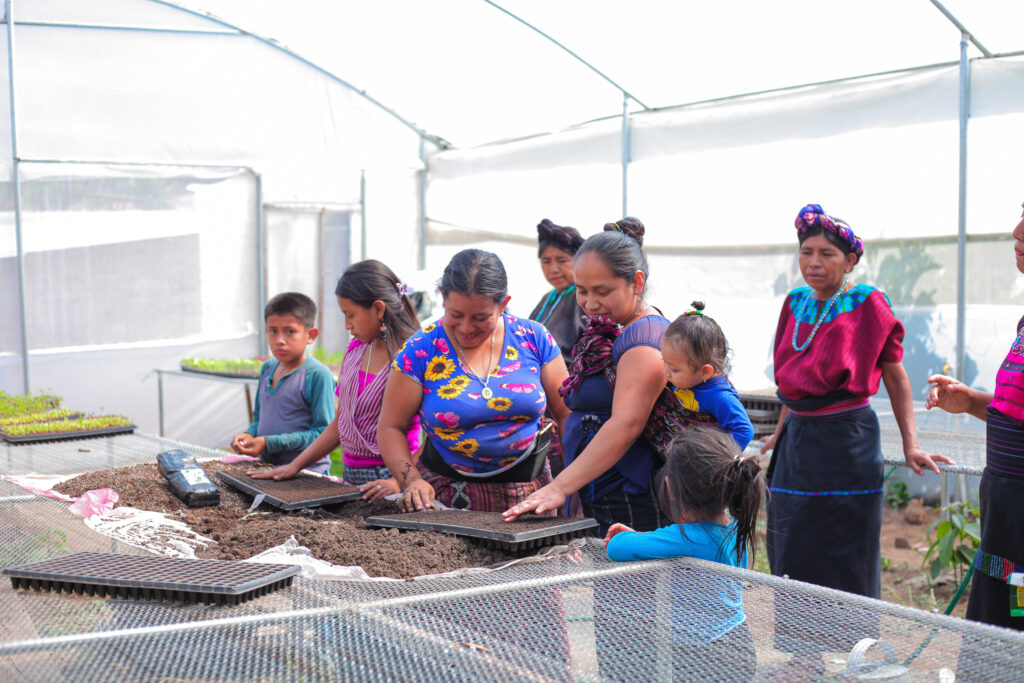
Measuring Impact Through Stories
SPI doesn’t just count beans; it counts successes. And there are a lot of them.
“We use KAP surveys — Knowledge, Attitudes, and Practices surveys — to gather qualitative and quantitative data from farmers and community members,” Beasley says.
These insights illuminate the long-term impact of SPI’s efforts, turning individual stories of transformation into data-driven narratives of success.
“For example, a farmer may start with limited knowledge about crop diversification but, after participating in our programs, can grow multiple vegetable types, feed their family year-round, and even sell surplus produce for extra income,” Beasley says.
Looking Toward the Future
As SPI sets its sights on the future, its goals are ambitious, with five initiatives on their radar.
- Disaster Relief: Strengthening recovery programs for climate-affected communities.
- Small-Holder Farmer Outreach: Promoting crop diversification for better resilience.
- Women in Agriculture: Expanding access and training resources for female farmers.
- Youth Gardens: Educating young people about nutrition and gardening.
- U.S. Programs: Increasing seed distribution to support community and school gardens nationwide.
“We envision a world where communities can rely on themselves for healthy food, where women and youth are empowered, and where resilience is built into every garden,” Beasley says. “Together, we can cultivate a healthier planet, one seed at a time.”
To learn more about Seed Programs International and support their mission, visit their website and follow them on Instagram.
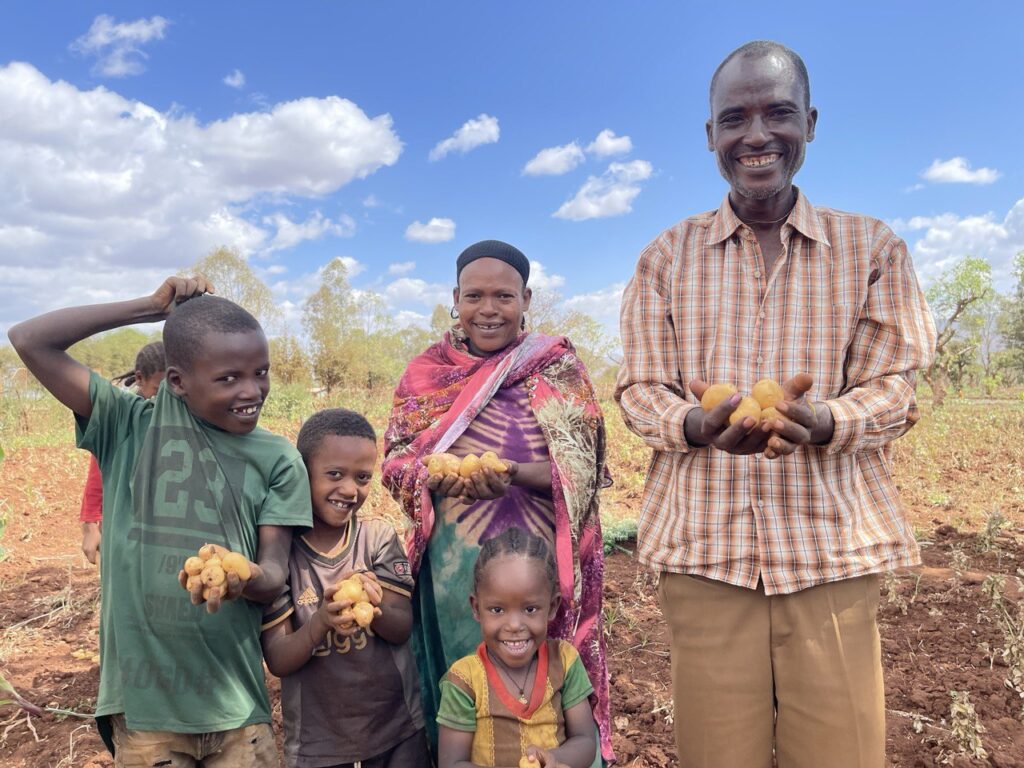
Teeing Up Change: Seed World Group Charity Win Boosts Seed Programs International
When Seed World Group President Shawn Brook won the charity golf tournament at the International Seed Federation’s Primary Meeting, he didn’t hesitate in naming who would get the funds: the obvious choice was Seed Programs International.
“I’ve seen the great work and impact that SPI has on communities, and I saw a tandem opportunity,” Brook says. “On the one hand I hope our donation will help them to deliver even more global programs, and secondly, that our discussions, storytelling and sharing as Seed World will create increased awareness and help to bring important voices and decision makers together.”
This collaborative spirit drives not only the initiatives under the SPI umbrella but also embodies the Seed World Group mandate — people connecting people.
“For us, that means, how do we support the global seed sector to help them grow their businesses and help them tell their story,” Brook says. “I think SPI has a similar commitment and that is about getting people the support they need in small shareholder areas. I heard the CEO of Under Armour once say that his company has to ‘do well before it can ‘do good.’ Like everyone that is trying to ‘do good,’ resources are required. My hope is that this donation creates some additional exposure for SPI’s inspirational body of work.”


